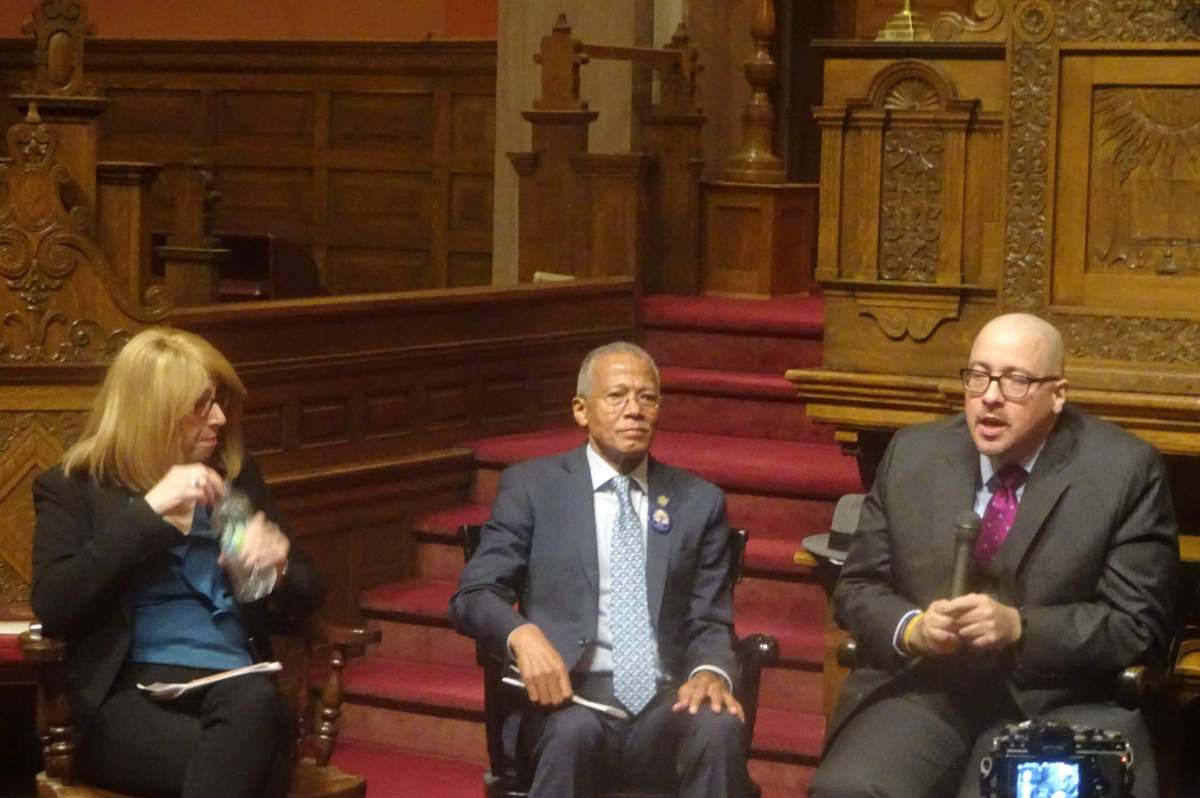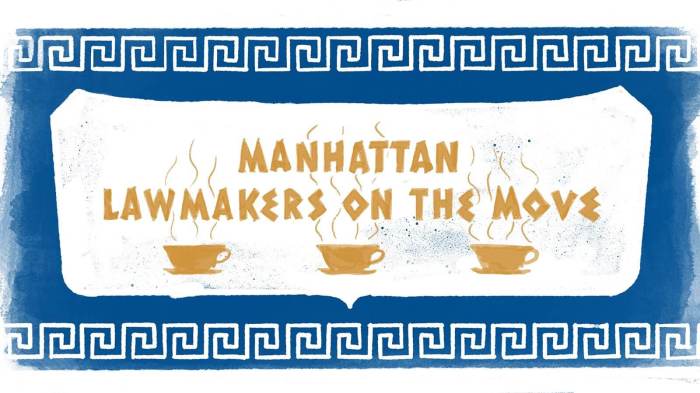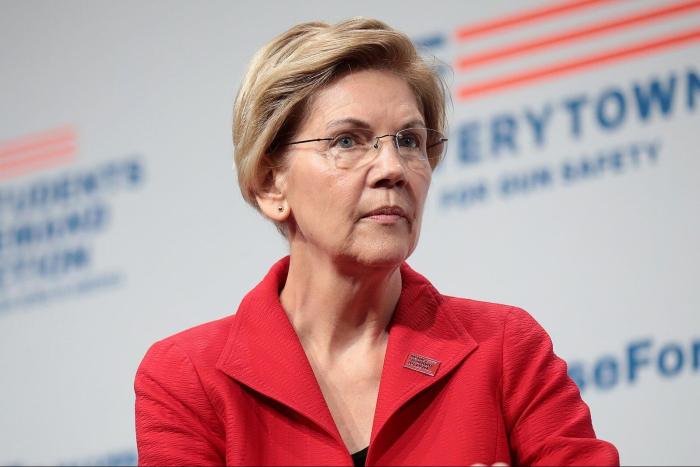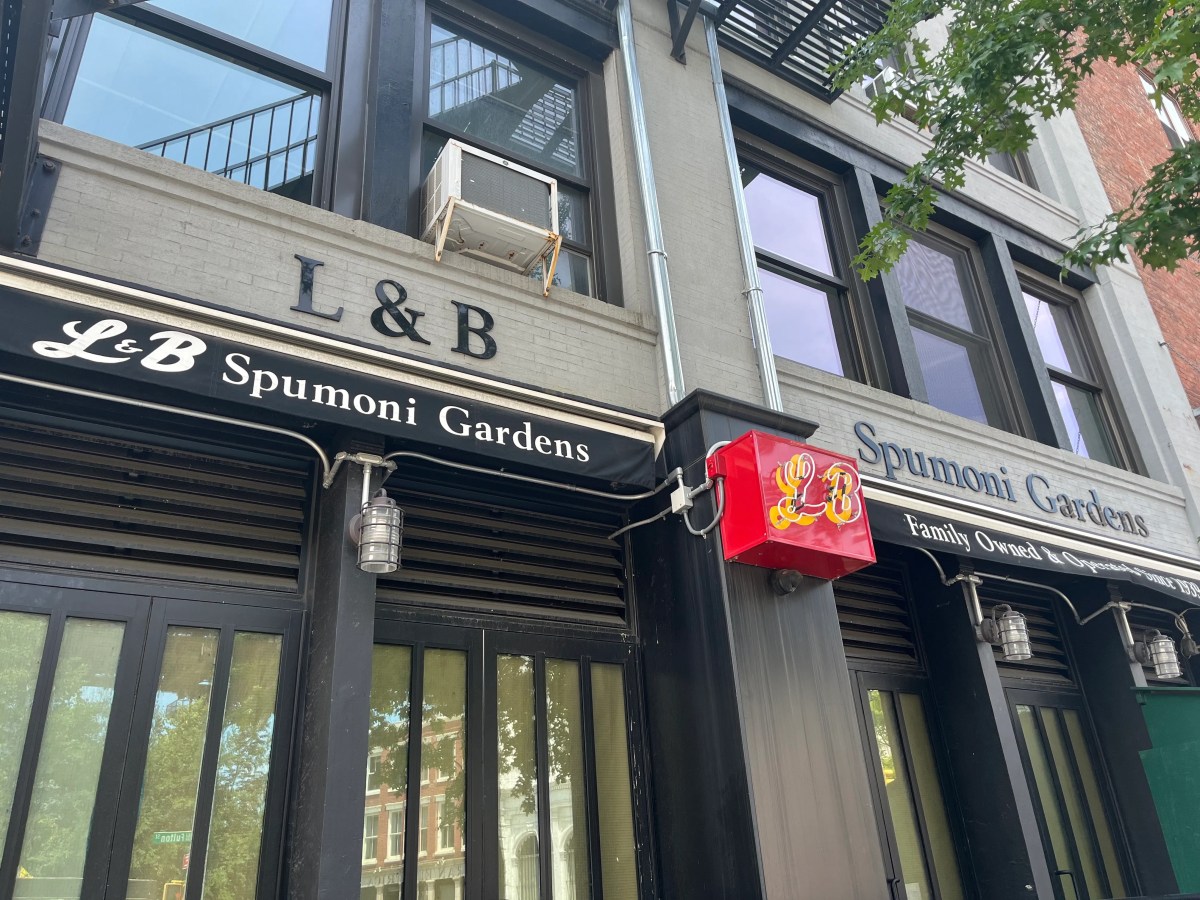Rachel Madley, 24, had just entered high school when her doctor diagnosed her with Type 1 diabetes. From that point on, her life became a living nightmare. Her parents had to go into debt to afford her treatment. More egregiously, she constantly had to fight with her insurance company to get the medicine she needed.
She recalled one particular incident in college when she risked going a weekend without insulin – which, as a diabetic, is life-threatening.
“I started the process a few weeks before so I could be sure that I would get insulin,” recalled Madley. “My insurance company either denied it multiple times or tried to charge me the full price for it. I went to the pharmacy to try and get a refill, and it was not going through with my insurance, or it was showing up with a $400 out-of-pocket cost. So I called my insurance company, and they were closed for a three-day weekend. I panicked; I didn’t know what to do. But luckily, my pharmacist saw how stressed I was, and she actually gave me the insulin at no charge until we could figure things out.
What the experience taught me is that insurance companies value profit over my life, and over everyone’s life.”
Madley’s story, while disheartening, was hardly unique. Today, over 1 million New Yorkers lack health insurance, and 45 percent of Americans struggle to pay their medical expenses. This is precisely the problem that New York Democrats intend to fix with the New York Health Act (NYHA).
A town hall meeting on NYHA took place yesterday evening at the West End Collegiate Church, 245 77th St. State Senator Robert Jackson (D-Washington Heights, Fort George, Inwood) moderated a panel consisting of State Senator Gustavo Rivera (D-Kingsbridge Heights); Assemblymembers Richard Gottfried (D-Chelsea, Midtown) and Linda Rosenthal (D-Upper West Side, Hell’s Kitchen); and Carlyn Cowen, Chief Policy and Public Affairs Officer for the Chinese-American Planning Council.
The NYHA, in brief, would abolish private insurance for the State and establish a single-payer healthcare system to replace it. New Yorkers would no longer have to pay deductibles, premiums or co-pays. Furthermore, it would cover all medically necessary treatments, including vision, dental and hearing insurance.
“[NYHA] would cover all twenty million of us, regardless of age, income, immigration status or anything else,” said Gottfried. “It would cover us for more healthcare services than any health plan that I’ve ever heard of.”
There are several questions that invariably come up whenever the Democrats bring NYHA to the table. First, what makes NYHA any different from Medicare? According to Gustavo Rivera, it’s objectively better by several metrics. The former covers everything that the latter covers and then some, without necessitating any out-of-pocket expenses.
“Anything and everything that is covered by Medicare will be covered for all 20 million New Yorkers,” said Rivera. “The only things that will be left out are the deductibles, the co-pays, and if you have a Medicare Advantage plan, the restricted networks. NYHA guarantees that you get everything, and more – like dental, vision, hearing and long-term care, which Medicare does not cover.”
Second, do we really need to abolish private insurance? Couldn’t we just create a public option as an alternative to existing private insurers? Richard Gottfried explained that, in practice, a public option could not successfully coexist with a private system.
“People with high healthcare costs would be the first to join the public plan,” said Gottfried. “But people who think they’re really healthy wouldn’t. If a disproportionate number of low-cost patients stay with the commercial plans, and all the high-cost patients flock to the public plan, what will happen? The public plan will ultimately go bankrupt. It’s a prescription for the public plan to crash and burn.”
However, employees of private insurers need not worry. The bill has set aside money in its funds to support the training and employment of former private insurance workers.
Gottfried and his peers have introduced the bill in the New York legislature several times before. Each time it would pass the Assembly with little trouble, but fail to pass the State Senate, due to the latter being predominantly Republican.
However, after the Democrats retook the State Senate in 2015, they spied an opportunity to make the bill a reality.
“The Democrats are in charge of the State Senate for the first time in a long time,” said Rosenthal. “Until now, the NYHA was one of those bills that seemed like a pipe dream in the Legislature. Assemblymember Gottfried had been shepherding this bill in various forms since 1992. We passed it in the Assembly four years in a row, but the Senate never took it up. But now we have an opportunity to pass it in both houses, and have the NYHA be the law of the land in New York State.”






































